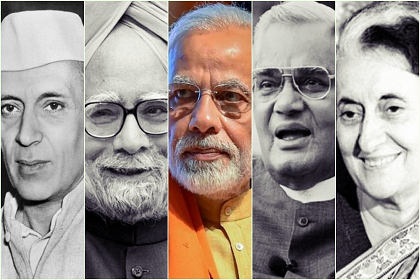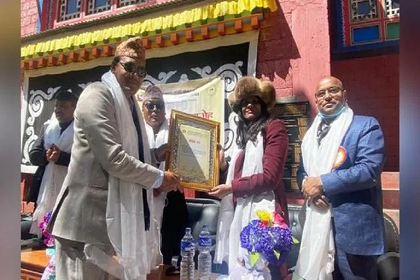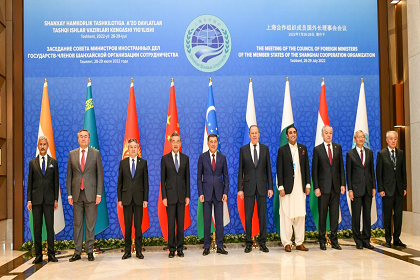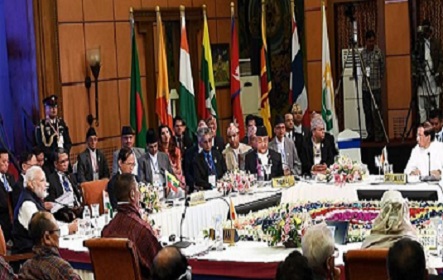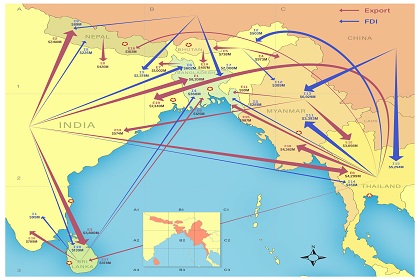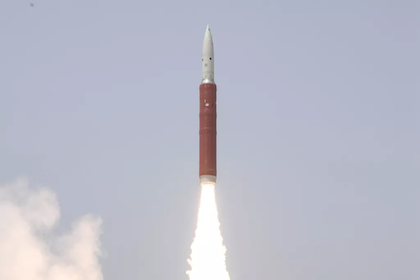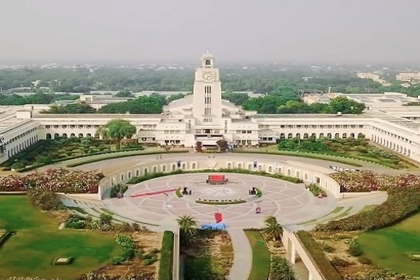India’s foreign policy @ 75
India is a young country and an old civilization. It began its new life 75 years ago with enormous equity stemming from its unique freedom struggle. A maturing foreign policy now enables it to move smoothly from being the leader of the ‘have-nots’; to being a responsible member of the group that manages world affairs.

